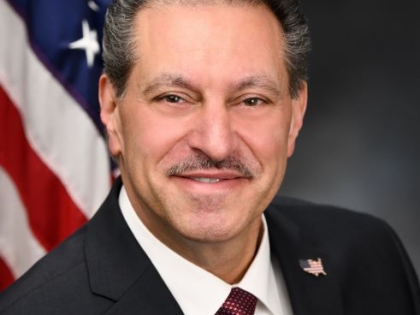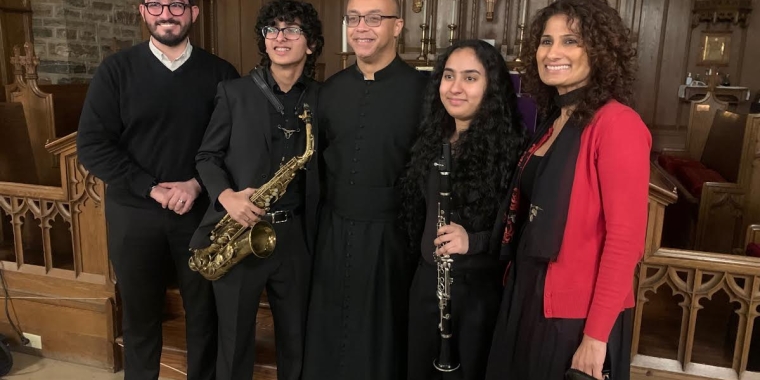
Addabbo calls for action on his bill to ensure that cop killers remain behind bars for life
Senator Joseph P. Addabbo, Jr.
March 20, 2018
-
ISSUE:
- Police
- cop killer
- Addabbo
With the recent release of Herman Bell – one of three men convicted of murdering New York City police officers Joseph A. Piagentini and Waverly M. Jones in 1971 – NYS Senator Joseph P. Addabbo, Jr. is calling for passage of his legislation (S.3681) ensuring that those who kill law enforcement officials spend their lives in prison with no possibility of parole.
“While those who take the lives of police officers are supposed to be sentenced to life without parole in New York’s prison system, a loophole in the law makes it possible that these cold-blooded killers could wind up back on the streets in as little as 20 years,” said Addabbo. “When Bell was convicted, for example, it was on a charge of murder in the first degree, which carries a minimum penalty of 20 to 25 years in prison. Under my bill, this loophole in state law would be closed, and the specific crime of murdering a police officer would carry life in prison without parole as the one and only mandatory sentence.”
While the chances of cop killers being released on parole are relatively small, Addabbo believes New York owes it to the families and friends of murdered law enforcement officials to “make sure their killers stay where they belong: behind bars for their entire lives.” He noted that the family of deceased New York City Police Officer Edward Byrne, who was killed in 1988 while guarding a Queens witness in a drug case, was forced as recently as last year to relive his death when his murderer, Philip Copeland, once again came up for a parole hearing.
Addabbo explained that the loophole in the law was created after the New York State Court of Appeals struck down the state’s existing capital punishment (death penalty) statute in 2004, finding it unconstitutional and thus unenforceable. Specifically, the old law contained language regarding instructions that could be given to a jury if it became deadlocked and could not agree on either life in prison without parole or the death penalty. The Court found a potential for coercion in the language since the jury would be informed that, in the case of deadlock, the trial judge would be empowered to sentence the defendant to as little as 20 years to life or as much as life in prison without parole. This might lead some jurors to recommend the death penalty, even if they didn’t believe it was right, simply to avoid having the killer eventually released on parole.
“Although the New York State Legislature never acted to re-impose the death penalty, the state did adopt a new law in 2005, known as the Crimes Against Police Officers Act, to recognize the heinous nature of offenses committed against law enforcement officers,” Addabbo explained. Part of this law created the new crime of aggravated murder – deemed to occur when a person intentionally kills a police officer, peace officer or an employee of the Department of Correctional Services. The only sentence which can be imposed under this 2005 law for the crime of aggravated murder is life imprisonment without parole.
However, the earlier crime of murder in the first degree – the charge brought against Herman Bell, Philip Copeland, and others who intentionally killed law enforcement officers prior to the enactment of the 2005 Crimes Against Police Officers Act – remained on the books following the Court of Appeals ruling on the death penalty statute. As such, state law technically continues to provide for prosecutorial discretion in allowing those who murder law enforcement officers to be eligible for parole – in direct contradiction to the intent of the 2005 legislation.
“My bill would address this problem with the law and make it clear that, under any circumstances, those who murder police officers go to prison and stay in prison,” said Addabbo. “I hope that my colleagues in the Senate and Assembly will join with me in ensuring that justice is done when guardians of the public trust and safety – our law enforcement officials – tragically lose their lives at the hands of vicious, violent, unrepentant killers.”
related legislation
Share this Article or Press Release
Newsroom
Go to NewsroomAddabbo Hosts Festive Valentine's Day Concert In Support of Local Youth
February 20, 2024


